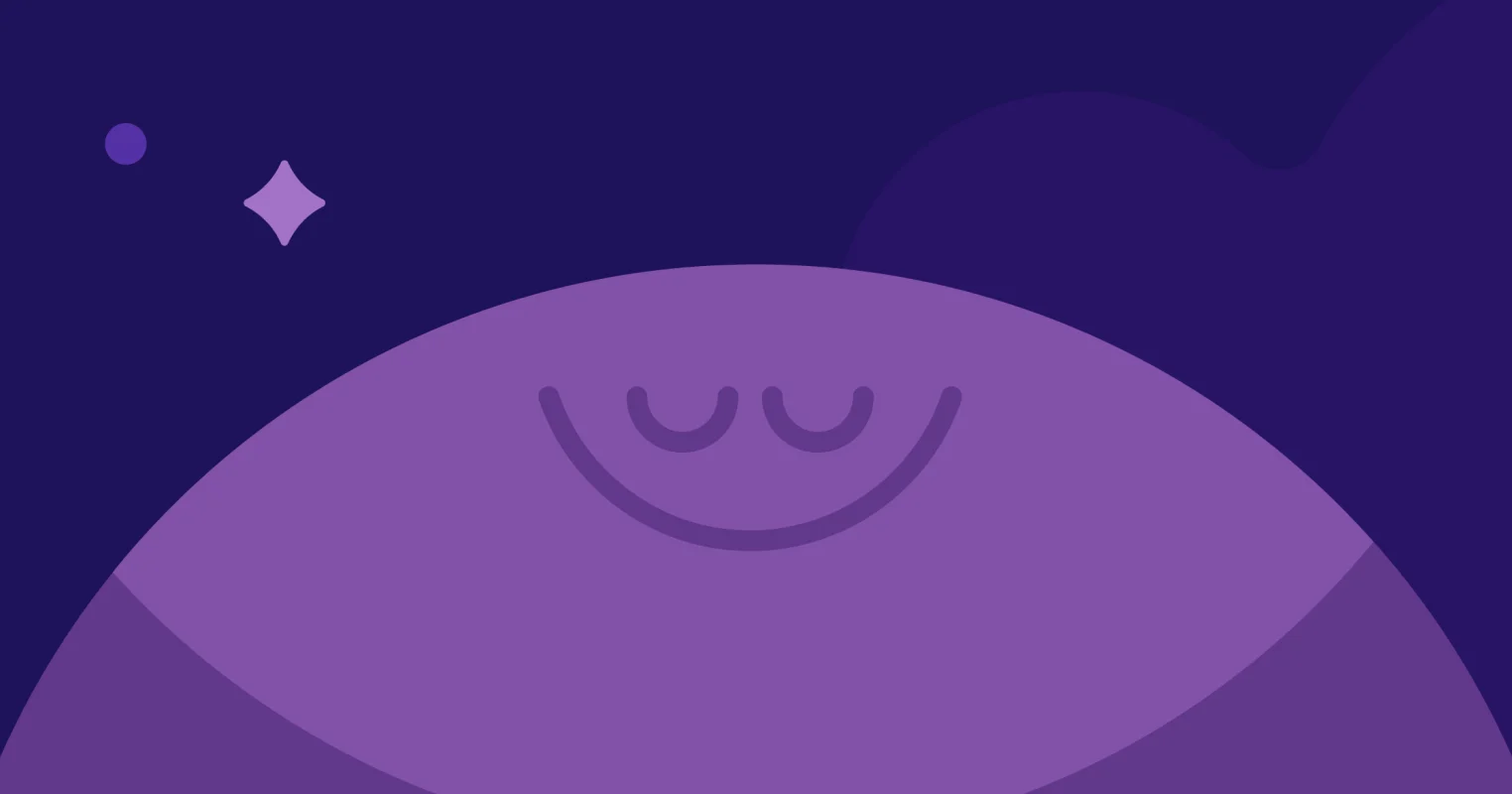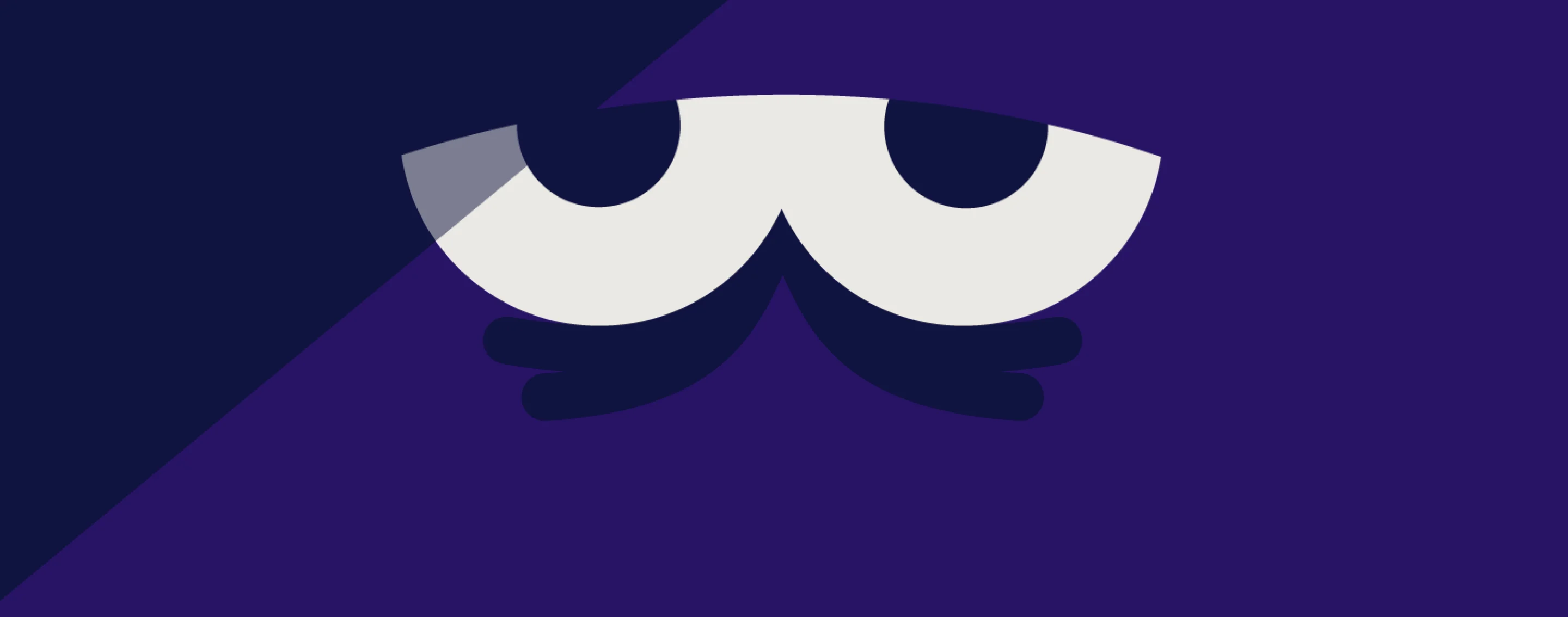Sleep hacks
Sleep — the soothing balm our frayed nerves need but can never have enough of. For many people, it can feel like the elusive prize at the end of a hard day or week.

“How can I get a good night’s sleep?” seems such a simple and basic request, but one that’s far too frequently thwarted by our self-sabotaging thinking or habits.
The Centre for Disease Control and Prevention (CDC) in the United States — which recommends seven to nine hours a night for adults — says insufficient sleep is now “a public health issue”. In one of its recent studies, it found that more than a third of American adults don’t get enough sleep on a regular basis. Why? The reasons are subjective and complex but, the study pinpointed psychosocial stress, alcohol consumption, smoking, lack of physical activity, and social media has chief causes.
Try a meditation for sleep
Settle the mind, rest the body — and make it easier to wind down and drift off in the first part of this 10-day meditation course (full course available only to Headspace subscribers).
Insufficient sleep, or even sleep deprivation, isn’t exclusively an American problem, of course.
People around the world struggle with sleep and the knock-on effect impacts our health, our well being, and our productivity, the same CDC study says. No wonder the global market for sleep aids and technologies is expected to reach $84.9 billion by 2021.
But before you reach for a sleeping pill like the nine million Americans who regularly use prescription drugs to visit the land of nod, we’re going to explore some tried and tested, non-medical sleep hacks to help you fall asleep and achieve the slumber of your dreams.
Before knowing what hacks might work, it might help to first understand some facts about how lack of sleep is seriously bad for your health.
Break the sleep deprivation cycle
Dr. Matt Walker is a scientist and professor of neuroscience and psychology at the University of California, Berkeley. His research focuses on the impact of sleep on human health and disease. In a 2019 TED talk, Sleep is Your Superpower, he describes a global experiment performed on 1.6 billion people across 70 countries twice a year: daylight saving time. Sleep, he says, is our non-negotiable biological necessity.
Headspace co-founder and former Buddhist monk Andy Puddicombe recommends we don’t get too caught up in the worry and stress of not sleeping because each of our lives is so different, with many different factors — circumstantially, environmentally, and physiologically — determining what kind of sleep we experience.
So there is no “one size fits all” solution. Some of us may have chronic pain, or be toggling between day and night shifts at work, or worrying about finances, or even adjusting to a new life with a newborn. Also, if there is a worry that an underlying medical condition might be affecting your sleep cycle, then please consult a doctor.
Sleep by Headspace, available in the Headspace app, offers all sorts of exercises, stories, and music to help facilitate a better night’s sleep, whether it’s specially-tailored, 30-day sleep course to change your relationship with sleep; sleepcasts that offer a different approach to bedtime stories; or sleep music with a variety of calming tracks to help you drift off, not to mention SOS exercises for those people who wake up in the middle of the night.
Your soundtrack for falling alseep
Tune into bright, clear, and uplifting sounds before bed.
Best sleep hacks
Outside of those tools, there are things that each of us can do to create an environment — internally and externally — that are more conducive for enjoying a good night’s sleep.
1. Stay regular. Go to bed at the same time and wake up at the same time so that your mind and body are trained in a consistent routine, even on weekends. Our bodies follow what is called a circadian rhythm, and that rhythm requires us to keep to a routine that anchors our sleep and wake up to specific times of the day and night. You might well be surprised how more alert and awake you feel if you stick to a fixed lights out/alarm time.
2. Stay cool. Providing the optimal room temperature is a key component of healthy sleep hygiene. The National Sleep Foundation suggests that the ideal temperature is between 60 and 67 degrees, a range that takes into account different age groups. Generally speaking, it’s easier to fall asleep in a room that’s too cold rather than too hot.
3. Stay dark. Use darkening curtains, shades or an eye mask to keep your body in sleep mode until it’s time to wake up and start the day. Light in the bedroom (even light peeking in from outside) can prevent us dropping off and has an impact on the quality of our sleep. If you need to go to the bathroom during the night, use a night light.
4. Stay comfy. If it’s true that we spend a third of our lives asleep, then it makes sense to invest in a good mattress and a set of pillows. Whether you prefer soft or firm is a matter of personal preference but comfortability makes the world of difference to how well you sleep.
5. Stay present. If you calm the mind, you calm the body. If you calm the body, then it follows that you improve the prospects for a quality night’s sleep. Guided meditations to help with sleep are available within the Headspace app.
6. Stay healthy. By establishing a regular exercise habit during the day, you can improve your sleep. Physical activity not only tires you out; it helps you get rid of any excess energy or stress. If you can work out for as little as 10 minutes a day, the odds are that you will sleep better. Guided exercises in the Headspace app, under Move Mode, can help train the mind and body.
7. Stay satiated. If you wake up in the night peckish and can’t get back off to sleep, here are some food suggestions: whole-grain cereal with low‐fat milk (a couple of spoonfuls), plain yogurt with fruit, a handful of nuts, whole wheat pita with hummus, rice cake with peanut butter, sliced apple with almond butter, a few sips of a low-sugar protein drink, a hard-boiled egg, or a small banana. You could also try a small amount of these protein/carbohydrate combinations before going to bed that could help you sleep through.
8. Stay off alcohol. Avoid the damaging impact on sleep of excessive alcohol and/or caffeine. Yes, alcohol might make you drop off easier but the odds are that you’ll wake up far earlier and then struggle to fall back asleep. There are several reasons why alcohol is not good our sleep habits, and they are all explored here.
9. Stay away from late-night meals. Don’t eat a big meal immediately before bed, especially spicy food, as it will be hard to digest. The recommendation is that you don’t eat a big meal a good three hours before your scheduled bedtime.
10. Stay mindful. When your head hits the pillow, it’s all too easy for the mind to drift to the past or the future. That’s why the sleep tools in the Headspace app are designed to keep you in the present, through meditation, stories, or sleep-friendly music. All of it is designed to produce a pleasant, relaxing atmosphere to help you fall asleep and stay that way.


Sleep made simple
- Find your perfect bedtime routine with hours of relaxing music, sounds, and stories to choose from
- Get more restful sleep with our Sleep Health course: exercises developed with leading sleep scientists
- Feel your best from morning to bedtime with access to hundreds of stress-relieving meditations
- © 2024 Headspace Inc.
- Terms & conditions
- Privacy policy
- Consumer Health Data
- Your privacy choices
- CA Privacy Notice



